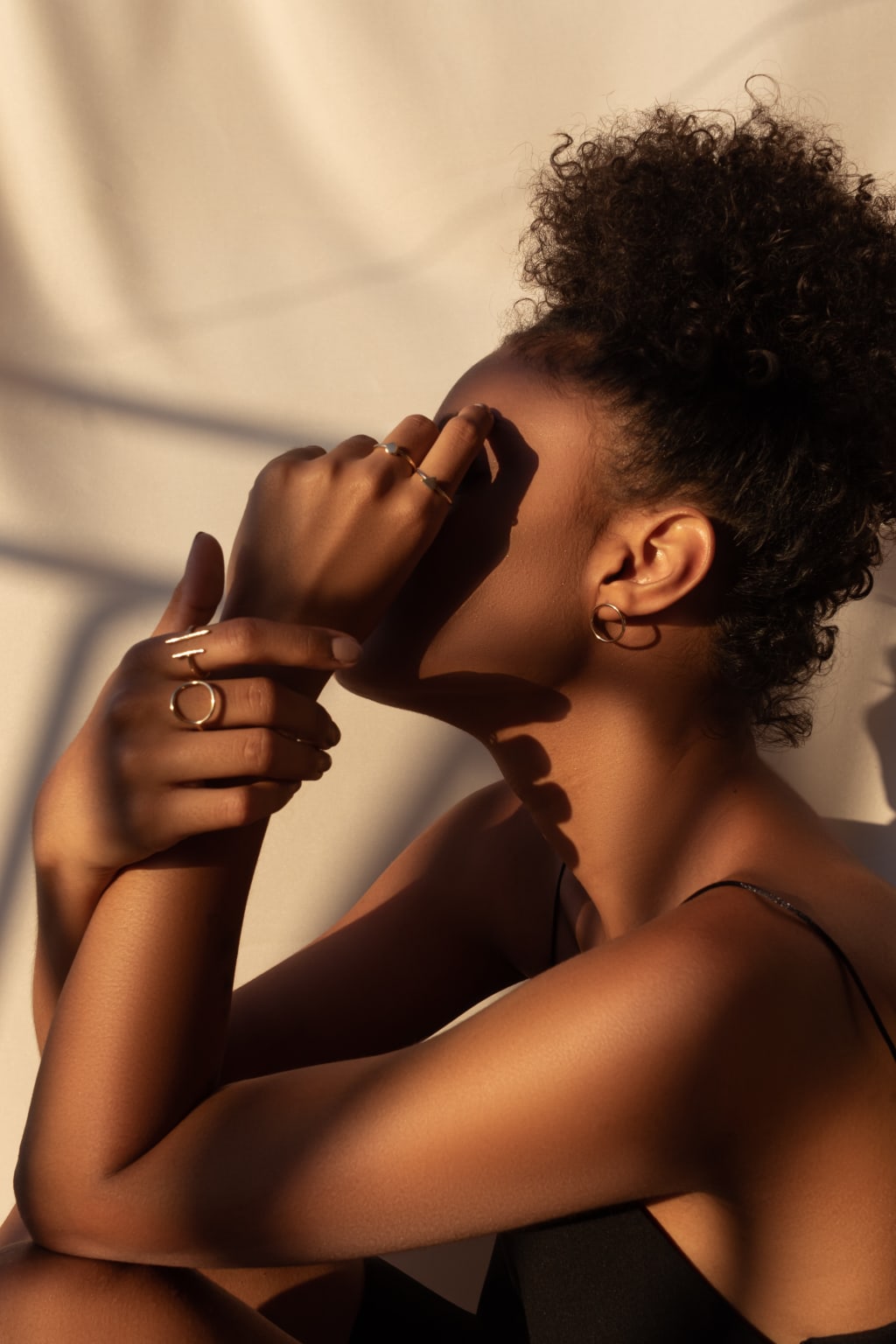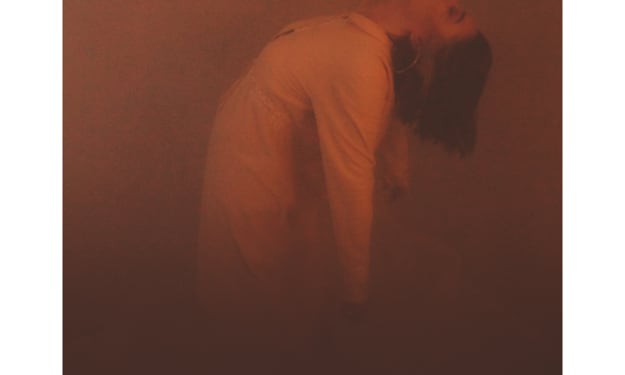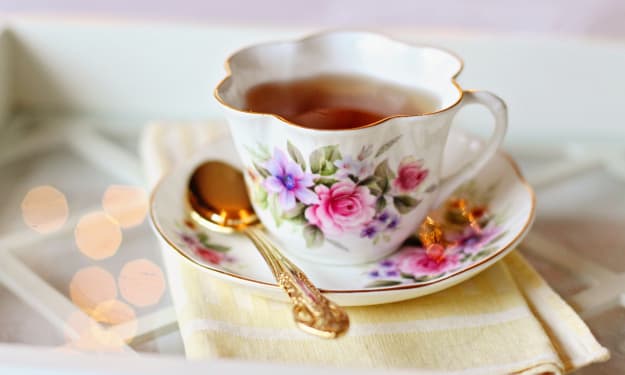Psychological Openness as a Black Woman in America
Mental Health and Being Black

This topic will probably upset some people to hear but, hear me out before you judge. Black people are often neglected when it comes to healthcare as a whole. Then we are afraid of “the system.” When I say that, “the system,” I mean if we release or speak too much, it leads us down a path of trouble, not a healing way. How can you be honest if you are worried about your children being taken away from if you say, “too much.” You are afraid they might put something down on your medical record that might “taint” your life in some capacity later on down the road.
Justice System
“Everything you say can and will be used against you.” I know what you are thinking; you are talking about healthcare, not criminal justice. However, that is why, as a black woman, I feel as I can not be honest in therapy. If I were to ever be in a situation life, for instance, Breonna Taylor, a defense could be, “well, she suffered from depression and anxiety.” As a black woman, no justice would be served and why I admitted to suffering from depression and anxiety somewhere in my medical record. Before you assume, I am a fine member of society and no plans of committing crimes. However, because I am a black woman, and it has to be said because people will assume, “well, if you are not breaking the law, you have nothing to worry about.” Yeah, that is precisely the mindset I am sure someone like Breonna Taylor had or the young man in Philadelphia Walter Wallace Jr who was murdered in front of his mother. There are consequences in the black community when speaking about our traumas and having any contact with the law. They are used against us; instead, it is after police brutality or dying from police violence.
Child Protection
Now, I know this one is touchy, so I am not talking about abuse in any form when I talk about child protection services here. All abuse should be reported to authorities when it comes to children. Always! I am speaking on even if you are doing the right thing with your child and seeking services for your mental health needs; this is a worry for black women.
CPS worry is a concern that we might say the wrong thing or is going through something that very well may be serious that you need help. However, the stigma of having to seek medical attention for thoughts is, “they will take my kids.” So you see, women, especially in the black community, suffer in silence when it comes to postpartum depression, anxiety, PTSD, and more. Seeking help during these times in your mindset is hard to reveal without overthinking that somebody will remove you from your children without due cause.
Mental Health has a strong stigma that needs to be addressed in healthcare. The stigma needs to be discussed in the black community that it is okay to seek help. When required and not all situations may result in the removal of your children. However, statistics feel as if they tell us otherwise, right? So, of course, that leads us back to the trust issue in “the system,” including child protective services. Additionally, it is essential to seek help so you and your children are safe. I am no medical provider, nor am I giving medical advice that is just a fact, but it is not trusted in the black community.
According to NCSL, “African-American children makeup thirty-three percent of the foster care program and only make up for 15 percent of the child population.” Brown, J. (2020, September). Disproportionality and Disparity in Child Welfare. These kinds of statistics discourage black women from seeking help and force them to suffer in silence, which affects not only the mother but also the children.
Additionally, you are always worried about people reporting you out of spite. Yes, that is a real thing. People will call just because you got into a Facebook war, or they do not like you. Sometimes it could even be your kid missed too much school. All could be okay checks and nothing happening in the home. However, the stigma is that it won’t be a good check; your child will be taken by child protective service, and you will have to jump through hoops to get them back. To be clear, for those who may judge, my children were never abused or in danger in my care, and if they ever were, we would/or did leave if a situation was not safe.
Treatment
As a black woman who feels that she can not be honest because of her skin color mainly and what comes along with being honest with being a black woman, my treatment, of course, is probably not being addressed correctly. However, I do not take all the blame because there is truly no “safe space” for a black woman. An excellent article to check out is Black And African American Communities And Mental Health by Mental Health America. It breaks down the treatments that black people receive. They are mainly getting told they have schizophrenia versus mood episodes as white people are more likely to be diagnosed with having. If you can not trust that you would get adequate care, why would you disclose so much of your traumas, leaving you open to not receiving the true healing you deserve. Either you will be over-treated and or prosecuted for your thoughts, feelings, emotions, and traumas, or you will be undertreated because you can not fully talk about your thoughts, feelings, emotions, and traumas; there is “no safe” space, just like when you talk to the cops about anything, at least as a person of color, they are not trying to help you. The tactic is to get you to talk and then flip it to get some charge or information out of you for another agenda, and it is not to help you.
Black Community
My best therapist was a black woman. I fell in love with therapy because of her. She is the reason I continue to seek help, regardless if I feel not as protected. However, I could fully let loose and address issues that I think I can not address with my counterparts with her. I want to be clear it took a moment for me to feel her out and see if I could even open up. Even with her, my guard was up because at the end of it all, she is apart of “the system”; she is just a black woman. Although feeling safe with her had much reason because she could relate to me in ways, it was easier to open up, especially when it came to family issues. Yes, I still worried about the problems of things being used against me, but I let my guard down when it came to family trauma.
Talking to people who share your history, I will say the vibe is different. My current therapist is white, and she is fantastic, understanding, patient, and she also listens to me when I ask for help. She hears me when I tell her my concerns about the why’s of not being ready; she does not pressure me. I love talking to her. In the end, the reflection process with her is what truly helps me. It is a slow process, but we did have this conversation, and she was okay with waiting until I was comfortable to open up. I still have not discussed things, but I am sure she knows, but the patients and respect are there.
I am trying to explain that if you are thinking about seeking help and are nervous about it, a suggestion would be to try looking for someone who looks like you if that might make you feel comfortable. That is not medical advice, just my opinion, actually; that is what I did.
Safe Space
As a black woman who advocates that you should seek mental health if you need it. I always brag about how amazing my therapist is and how she has given me tools to heal. However, do I ever feel truly “safe”? No! Do I ever question what I might say could lead to consequences that I did not even know could happen? Yes! I worry about it for almost every session. Why do you keep going then? Honestly, there are things that I have started to open up about certain things in my life, and in return, the tools I receive I’ve applied to my life.
However, I also do a lot of my self-healing and reading about self-help, reaching out to friends who support me, and listening to a podcast that can help. I even join forums and talk to other people about my problems. Sometimes a vent to a stranger can help at the moment, believe it or not. They do not know you; they cannot judge, so it is a listening ear giving your friends and family a break from hearing about all your woes. I am not saying look to random people on forums for help or even taking the avenues that I take. I am no medical professional, and my advice is simple from experience, not professional.
Finally, as a black woman, I do want to say seeking help is needed, especially in our community. If you feel the need to seek help, do it. The judgment is already there for some folks, and it does not matter what people think of you it matters what you think of you, and if you are not thinking in the right headspace, it is better to seek help than suffer in silence or worse do something you can never take back. So, the option is to seek the help you need. It does not make you weak; at least in my opinion, on my journey, I was able to figure out things about myself I need to work on and start the process. I am not saying everything is perfect, and your therapist may not have all the answers, but the start is just walking through the door and at least finding out the possible how. In my opinion, finding out information is never hurtful. You may hear or find out something you needed to get you from under the rainstorm you are facing. We all face them in life. It is about how we handle them and if we can not handle them, asking for help is a tool, not a crutch.
Places you can reach out for help:
National Suicide Hotline, open 24/7–800–273–8255
Crisis Text Line, open 24/7-Text: 741741
Therapeer- An app to talk to others to vent; if you need medical help or thinking of harming yourself or others, please reach out to a medical professional or contact 9–1–1 (this is not a medical hotline)
**DISCLAIMER** I am not a medical professional; nothing in this article should be considered medical advice, only opinion or personal experiences. If you require help, please reach out to a medical professional or call 9–1–1.
References:
Brown, J. (2020, September/October). Disproportionality and Disparity in Child Welfare. Retrieved December 09, 2020, from https://www.ncsl.org/research/human-services/disproportionality-and-disparity-in-child-welfare.aspx
America Inc, M. H. (2020). Black and African American Communities and Mental Health. Retrieved December 09, 2020, from https://www.mhanational.org/issues/black-and-african-american-communities-and-mental-health
About the Creator
Nia on Air
Mental Health Survivor, Poetry Lover, Thought Speaker, Truth-Teller.
IG: @NiaOnAir_
Website: Niaonair.com






Comments
There are no comments for this story
Be the first to respond and start the conversation.